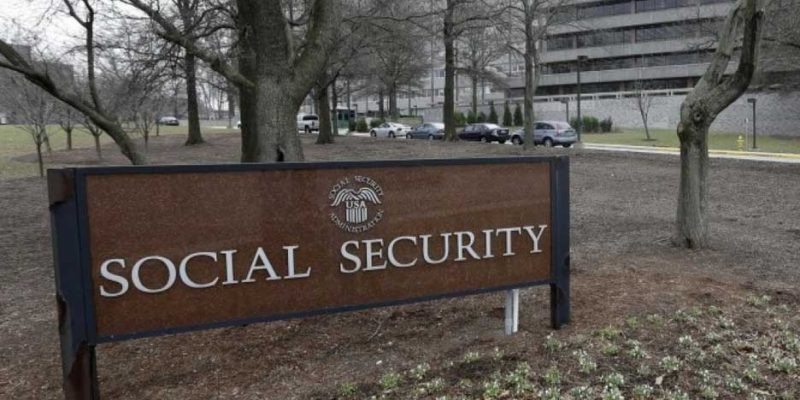A new Inspector General (IG) audit of the Social Security Administration (SSA) found that it paid $1 billion in benefits to individuals who do not have Social Security numbers (SSN). Because the audit was of a sampling, the actual amount is estimated to be much higher.
It also found that unless corrected, the SSA will continue to make a combined $372 million in improper payments annually because it is not following regulatory guidelines in doing so. The audit includes recommendations and a 60-day deadline to respond.
The law requires the SSA to obtain SSNs of representative payee applicants. SSNs are required to verify identification, benefit eligibility, and to determine if the applicant is a felon or has a history of poor payee performance or misuse of the program.
“SSA needs to improve controls to ensure it (a) records individual representative payees’ SSNs in its payment records and (b) retains the application for representative payees who do not have an SSN,” the audit states.
Based on a random sample of documents from the past decade, the audit found that the SSA paid $1 billion to 22,426 representative payees who “did not have an SSN, and SSA had not followed its policy to retain the paper application.”
From October 2004 to September 2016, SSA paid these representative payees about $853.1 million.
Only six percent of representative payees had SSNs that were properly recorded, based on the audit’s sample of 100 beneficiaries.
Representative payees are defined as individuals who receive retirement or disability payments on behalf of someone who is incapable of managing the benefit alone.
The IG’s office warned that of the representative payees with SSNs not properly recorded in the system, unless the SSA takes corrective action, “we estimate SSA will pay about $189.6 million in benefits annually.”
Of the sampling of individuals receiving benefits without SSNs, from April 2006 to September 2016, SSA paid roughly $1 billion. Unless the agency takes corrective action, the IG’s office estimates “SSA will pay these representative payees about $182.5 million in benefits annually.”
The SSA defended its practice, arguing it adheres to the guidance in the Social Security Act. The SSA said, “Representative payees play a significant role in many beneficiaries’ lives. We have approximately 5.7 million representative payees managing annual benefits for approximately 8 million beneficiaries.”
“Specific to this audit, the Act permits us to appoint, in certain circumstances, an undocumented alien, or applicant who resides outside the United States without a Social Security number (SSN) to serve as payee,” the agency said. “Specifically, the Act states we should verify a person’s SSN (or employer identification number) in our investigation of the payee applicant. However, the Act does not state that the applicant must have an SSN to serve as a payee.”
It also added that the “absence of an SSN is not a criterion preventing an individual from serving as payee.”
The IG’s office disagrees. An individual’s Social Security number is required to establish a representative payee in the Electronic Representative Payee System (eRPS), which is used to update the Master Beneficiary (MBR) or Supplemental Security Records (SSR), it states.
The audit estimates from its random sample that 150,257 beneficiaries had an individual representative payee with a valid SSN that SSA should have recorded on the MBR/SSR but did not do so.
The audit concludes that the SSA does not have adequate controls to ensure it recorded individual representative payees’ SSNs in its payment records and requested the agency to provide the IG’s office with a corrective plan addressing each of its recommendations within 60 days.
This article was first published by The Center Square.
Advertisement
Advertisement

